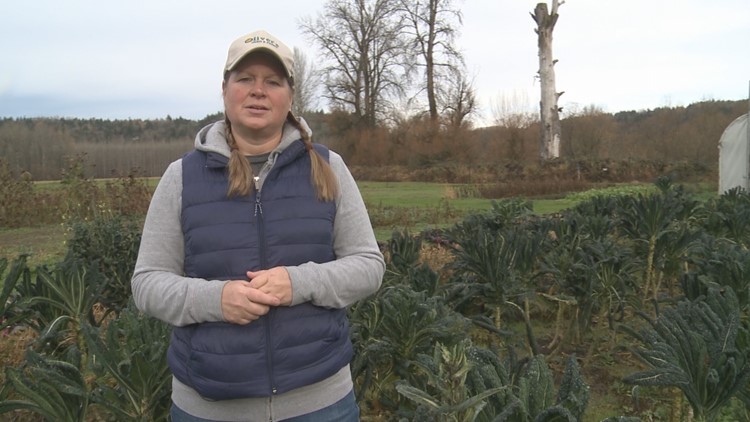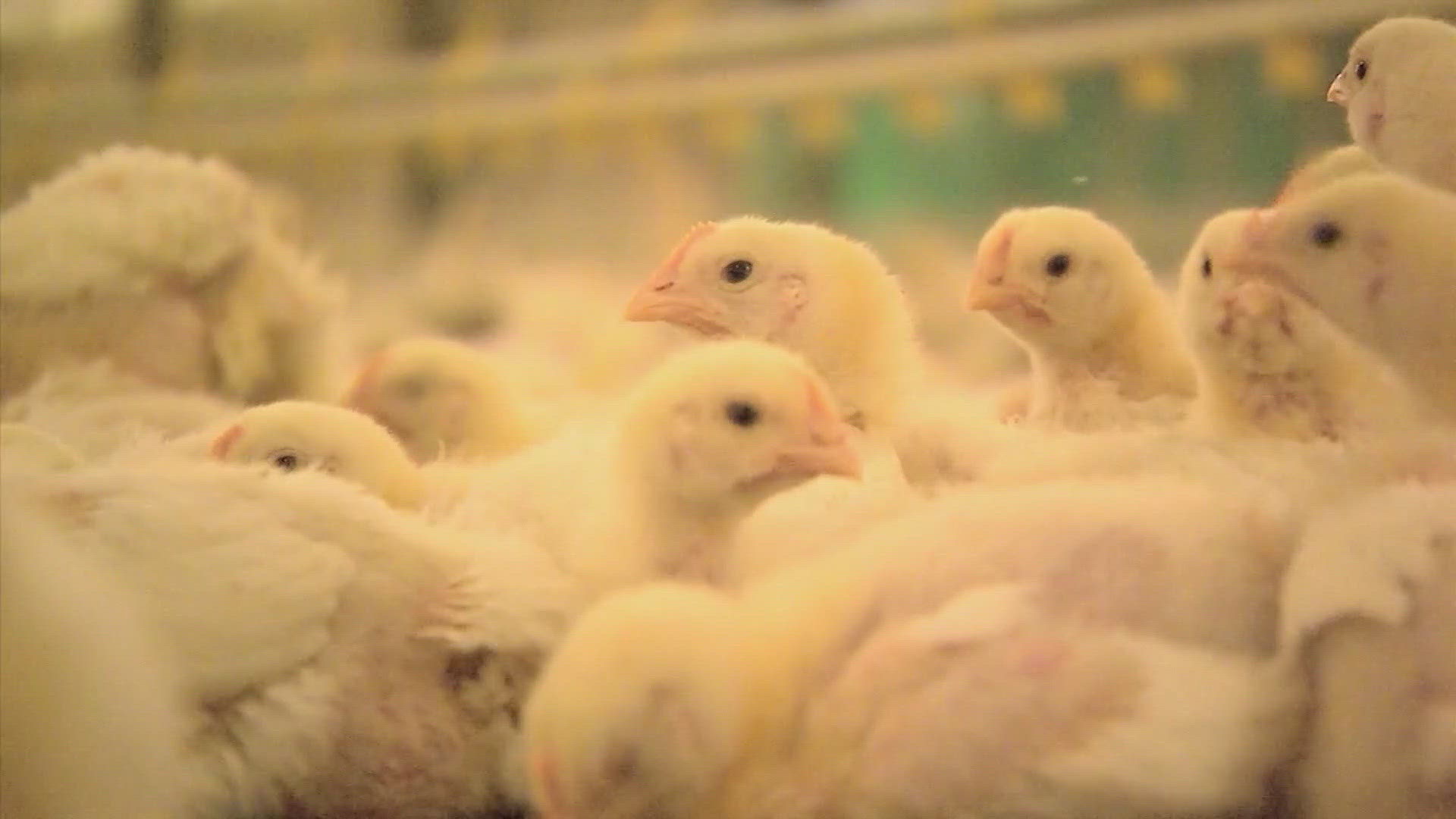Amid an E. coli outbreak stemming from tainted romaine lettuce, small farmers in western Washington say their lettuce is safe.
The Food and Drug Administration believes California is a likely source of E. coli tainted romaine lettuce that's made dozens of people sick nationwide. California contains a number of larger farms that send produce across the country.
The romaine lettuce at Carnation Farms isn't big enough to harvest yet, but romaine's not such an easy sell right now anyway.
"Farmers I know, they have had people come to their market stands and say nope, we are not buying spinach or we are not buying romaine. People get really freaked out and they're like, nope," said manager Rosie Smit. "If you know your farmer, you know where it's coming from and how it's grown. You don't have to be worried about it at all."
Carnation Farms grows eight acres of organic vegetables with very specific food safety rules and close oversight. The farm is a small production. The food is eaten locally and travels short distances. The produce is handled by fewer people than big industrialized farms and is tracked from soil to sale.
"We start with the soil – clean soil, clean water, clean workers' hands. We don't use manure. We use aged compost that is certified organic. We make sure that we wash and sanitize all of our harvest crates, our storage crates. We get our produce out of the field, we get it cold quickly and into our cooler so it's at the right storage temperatures. There are a lot of different steps and different areas of production that we are really careful with. We make sure our workers wash their hands, and there is no cross-contamination of livestock and the vegetable production at all," Smit said. "We log absolutely everything we plant, where we plant it, when we harvested it, where it goes to. So there is this whole traceability factor that comes into play. So if something ever happened, which I hope never does, we could trace it right back."
The FDA believes it could take weeks to confirm the source of the latest E. coli contamination. The Centers for Disease Control and Prevention has told people and stores to trash all romaine.
"So if we use the example of the 2006 spinach recall, over 40,000 bags of baby spinach were processed in one shift at one processing plant. That spinach went out all over the states and made over 200 people sick, some of whom passed away," Smit said.
Meantime, Smit and others in the Snoqualmie Valley are telling customers they are confident their lettuce is not contaminated. According to the CDC, 48 million people get sick from foodborne illnesses every year, half of them from eating produce. It's an ever important reminder to know your farmer and buy to local, Smit says, which is a lesson she lives herself.
"This is butter lettuce that I got from a farmers market this week. I bought it from a local farmer who I have great confidence in," Smit said. "We shouldn't be scared of romaine if we know the farmer, we know how it's being grown, and where it's grown."



